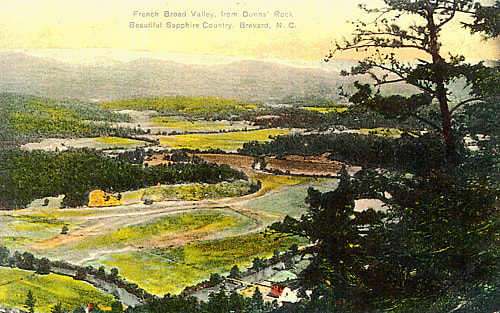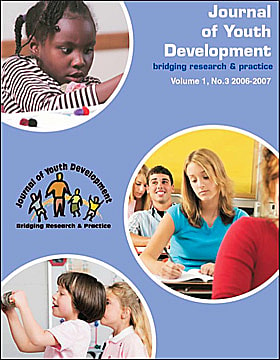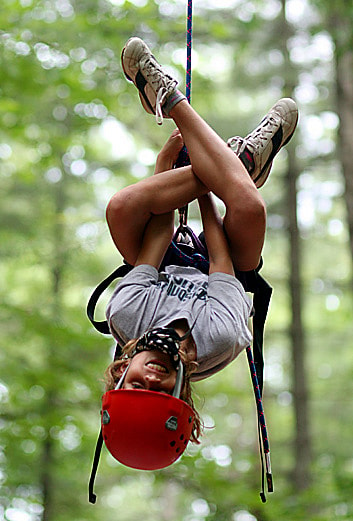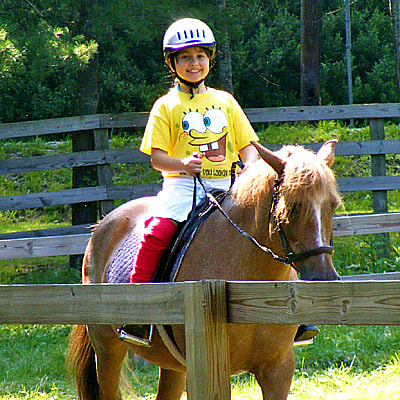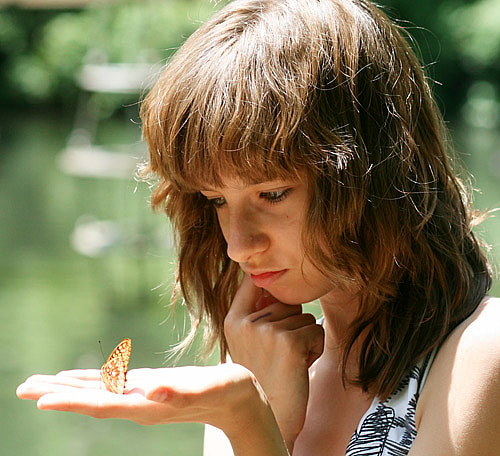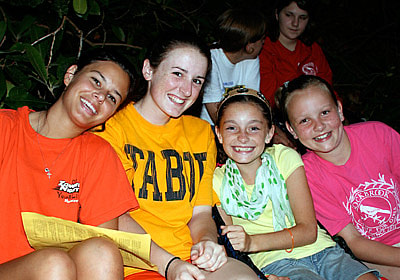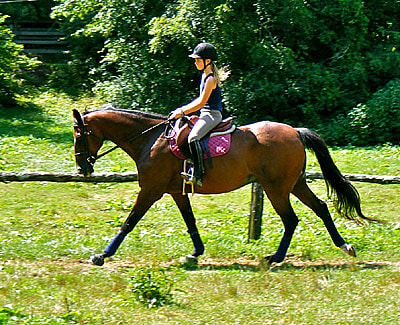“We have shifted our culture from one that is engaged in a healthy, interactive, imaginative way to one that is inwardly facing, sedentary and expecting things to be fed to us.” — Dr. Michael Rich, Director of the Center of Media and Child Health
The National Wildlife Federation has joined the ongoing discussion among educators about the importance for children of outdoor experience. In response to the drastic decline of the time modern children spend outdoors, they have launched a well-organized campaign to provide “practical tools for families, schools and communities [that] will make being outdoors a fun, healthy and automatic part of everyday life.” It’s called “Be Out There.”
The NFW reports some troubling facts. “Children are spending half as much time outdoors as they did 20 years ago. Today, kids 8-18 years old devote an average of 7 hours and 38 minutes using entertainment media in a typical day (more than 53 hours a week).” And there are equally troubling related consequences: increased child obesity, decreased creativity, imagination, and social skills.
The benefits of outdoor experience have been well researched as well. “Outdoor play increases fitness levels and builds active, healthy bodies. Spending time outside raises levels of Vitamin D, helping protect children from future bone problems, heart disease, diabetes and other health issues. Exposure to natural settings may be widely effective in reducing ADHD symptoms. Exposure to environment-based education significantly increases student performance on tests of their critical thinking skills. Children’s stress levels fall within minutes of seeing green spaces. Outdoor play protects children’s emotional development whereas loss of free time and a hurried lifestyle can contribute to anxiety and depression. Nature makes kids nicer, enhancing social interactions, value for community and close relationships.” Likewise, on this blog, here for example, we’ve discussed the benefits of regular outdoor experience.
The point, of course, is that summer camp provides an excellent antidote to this modern trend. As children spend more of their time indoors isolated from nature, as they begin to show symptoms of “Nature Deficit Disorder,” outdoor camps like Rockbrook become even more important. Being outside, most if not all of the time, is one of the secrets that make summer camp so beneficial for children.
The National Wildlife Federation agrees; it’s one of the best things parents can do for their kids… turn off the screens and send them to camp!



